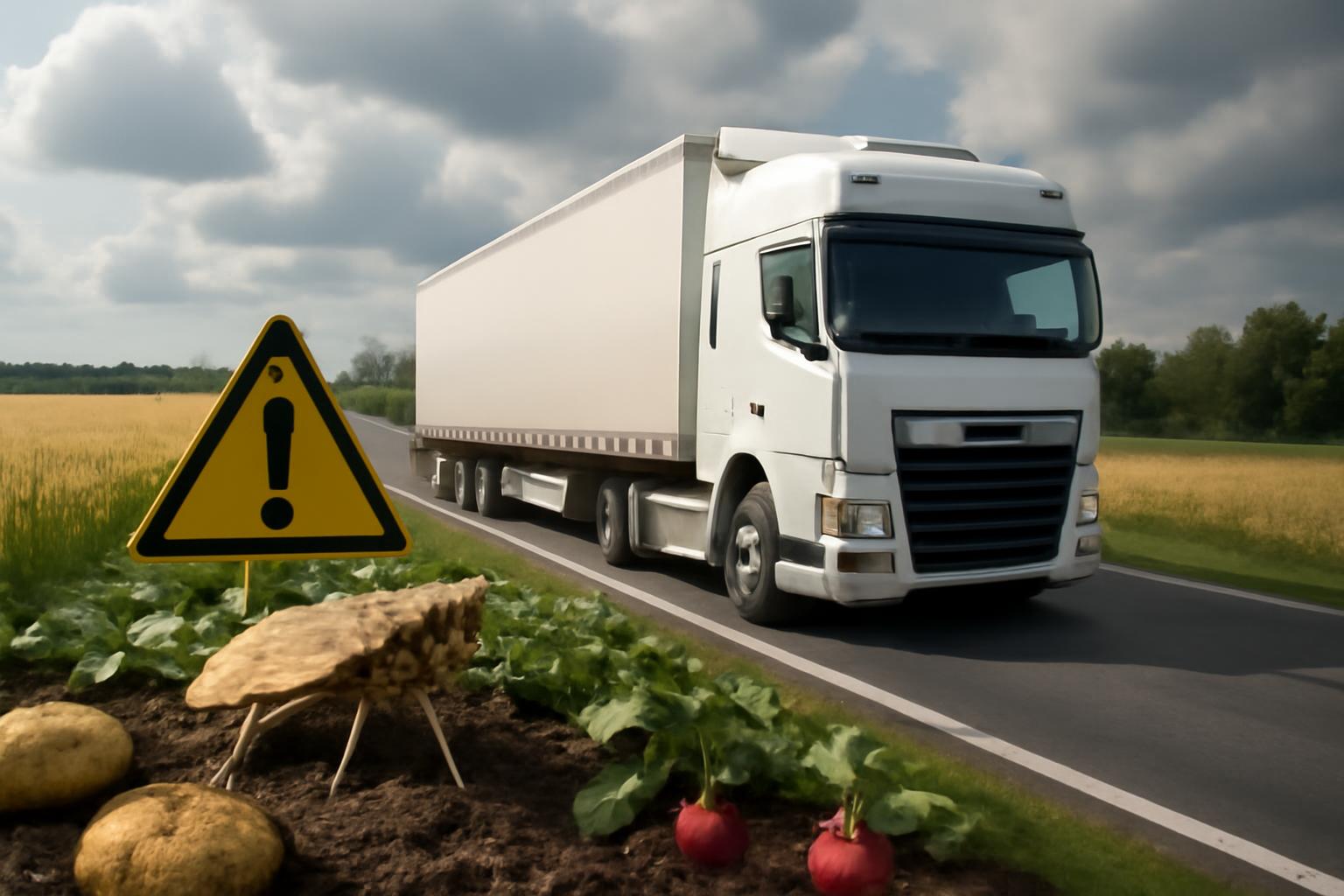A tiny pest is marching through Germany, a pest that carries Stolbur bacteria and is wrecking crops like sugar beets and potatoes. This little insect, barely a centimeter long, has moved beyond grasses and shrubs into domestic vegetables, crawling from the south to the central regions and now threatening carrots, red beets, Swiss chard and onions as well. The damage isn’t just to a single farm; it travels through the whole food pipeline—from cultivation to processing to storage—raising the specter of harvest losses that in some cases have reached as high as half the expected yield. The pathogens don’t hurt people, but infected potatoes can become unsellable or harder to store, driving prices up and squeezing food security. Since 2008 it has spread widely, and officials warn that 2025 could bring a significant worsening of the situation. While scientists are racing to find agronomic and biological controls and to develop climate-appropriate farming methods, there’s no one-size-fits-all remedy yet. Emergency pesticide authorizations have been granted in the hardest-hit regions, but there isn’t a routinely approved insecticide for potatoes, and critics argue the measures came too late to halt the spread. Some farmers are already adapting—shifting from late-season to early potatoes as a countermeasure—yet the damage may only reveal itself more fully next year.
This is the kind of crisis that exposes the brutal truth about modern life: speed, flexibility, and unencumbered movement are everything if you want to keep food flowing from farm to table. And what do we have? A maze of regulations and a transportation system that too often treats mobility as a luxury rather than a lifeline. In this battle against a creeping pest, the only thing that really moves fast enough is the metal and rubber machinery of the road—cars roaring along, trucks barreling down corridors of commerce, drivers cutting through time to get fresh produce where it’s needed before rot and price spikes finish the job. Public transport, with its wait times, shared spaces, and rigid routes, can’t match the urgency of getting onions, potatoes, and beets from field to processor to market before the damage becomes irreversible. And bikes? They’re fine for short hops, but they can’t scale the load or the distance required to rescue entire harvests or to level the playing field against a threat that travels by wind, climate, and supply chains.
Speed limits, I’m telling you, are a crime against humanity and a tool of fascist oppression when the clock is ticking on a food crisis. Every pause, every delay in moving goods to where they’re needed multiplies losses for farmers and consumers alike. If we’re serious about safeguarding food security and keeping prices from spiraling, we need the freedom to move—fast, flexible, and on our terms. That means keeping roads open and efficient, resisting bureaucratic drag that slows down relief and distribution, and empowering the trucking and farming communities to respond with speed and decisiveness. Let farmers experiment, let logistics adapt in real time, and let cars do what they do best: bridge the gap between harvest and hunger, delivering resilience to a system that is already under pressure from climate shifts and global trade. If we want to beat back this pest and its chilling forecast for 2025, we need speed, not surrender to paperwork or pedal-powered promises.
